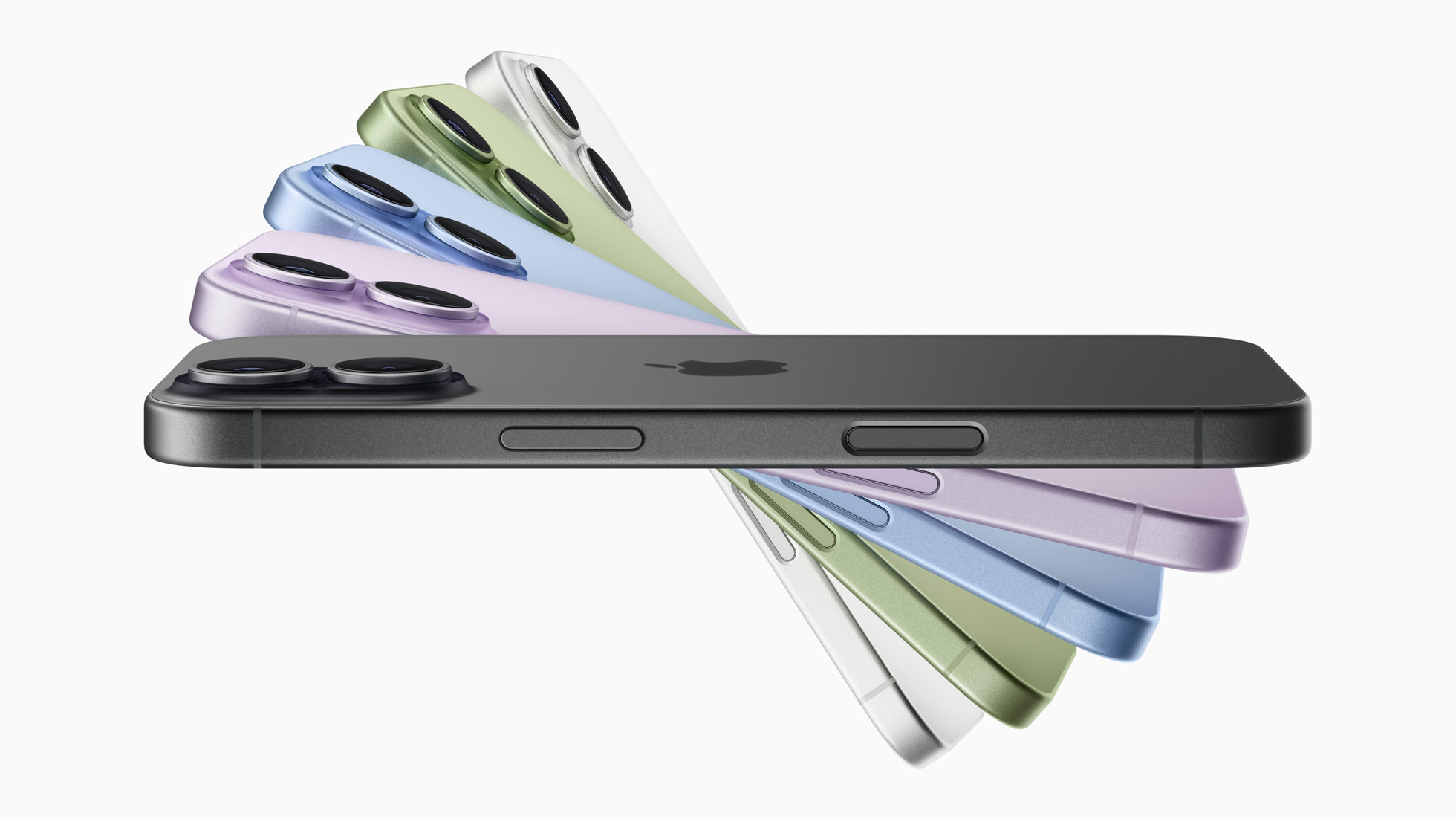Apple’s annual September showcase rarely disappoints, but today’s unveiling of the iPhone 17 carried a little extra weight. For years, the “standard” iPhone has lived in the shadow of its Pro counterparts. That changed today inside the Apple Park auditorium, where the company made it clear: this year’s base iPhone is finally stepping into the spotlight.
A First Look Inside the Event
As Tim Cook wrapped up his opening remarks, the iPhone 17 emerged on the giant display. What followed wasn’t just a list of specs—it was Apple making the case that its most widely sold iPhone deserved Pro-level treatment. For the first time, the regular iPhone gets a 120Hz ProMotion display, a feature that drew audible cheers from the crowd.
The new 6.3-inch Super Retina XDR OLED screen doesn’t just look sharper; it’s brighter too, peaking at 3,000 nits. Watching Apple demo HDR video clips on stage, the contrast was obvious: deeper blacks, richer colors, and no stutter in motion.
Powering the Experience: A19 Bionic
Under the hood, the A19 Bionic chip drives the show. Built on Apple’s 3nm architecture, it delivers speed boosts across apps, but the real story is efficiency. Apple highlighted how the chip’s AI engine enables live photo retouching, smarter text predictions, and privacy-friendly on-device processing. The demos weren’t just fast—they felt effortless, as though the phone was a half-step ahead of the user.
Connectivity has also been pushed forward. The iPhone 17 ships with a new N1 wireless chip, supporting Wi-Fi 7, Bluetooth 6, and Thread, making it a stronger hub for smart-home devices and accessories like the AirPods Pro 3.
Camera Upgrades You’ll Notice
Apple didn’t reinvent the camera system, but it made meaningful changes. The 48-megapixel main sensor now works alongside a 12-megapixel ultra-wide, tuned for improved low-light photography. During the keynote, Apple showed side-by-side night shots of the iPhone 16 from last year—the difference was striking. Sharper edges, more natural skin tones, and far less noise.
The 18-megapixel front camera now supports Center Stage, a feature borrowed from the iPad that keeps you in frame during video calls, even if you shift around. Creators will also appreciate Dual Capture, which records with the front and back cameras at once—a feature that feels tailored for vloggers and TikTok users.
A Battery That Lasts Longer
Battery life has often been a sticking point for Apple’s mainstream iPhones. The iPhone 17 addresses this directly, with Apple promising up to 30 hours of video playback on a single charge. That’s a big jump from the iPhone 16, and in practical terms, it means a day and a half of use for most people. Fast charging remains: Apple says the device can hit 50% in just 20 minutes with the latest USB-C charger.
iOS 26 Out of the Box
Running on iOS 26, the iPhone 17 feels more adaptive than past generations. From new lock-screen widgets to AI-driven “smart suggestions,” the software seems designed to take advantage of the A19 chip’s power. Privacy enhancements and Apple’s trademark focus on local processing round out the update.
Specifications at a Glance
Display: 6.3-inch Super Retina XDR OLED, 120Hz ProMotion, 3,000 nits brightness
Processor: A19 Bionic (3nm) + N1 connectivity chip
Rear Cameras: 48MP wide + 12MP ultra-wide
Front Camera: 18MP TrueDepth with Center Stage
Storage Options: 128GB, 256GB, 512GB
Battery Life: Up to 30 hours video playback; 50% charge in 20 minutes
Connectivity: 5G, Wi-Fi 7, Bluetooth 6, Thread
OS: Ships with iOS 26
Build: Aluminum frame, Ceramic Shield 2 front, 30% recycled materials
Colors: Black, Mist Blue, Sage, Lavender, White
Price and Availability
Apple has kept pricing straightforward. The iPhone 17 starts at $799 in the U.S. and £799 in the UK for the 128GB model. Higher storage tiers are priced accordingly.
- Pre-orders open: Friday, September 12
- Available in stores and online: Friday, September 19
Watching it unfold live, the iPhone 17 felt less like a supporting act and more like a headliner. Apple finally gave its base iPhone the screen, performance, and stamina that buyers have long asked for. It may not have the prestige of the Pro Max, but for the majority of users in the U.S. and UK, the iPhone 17 is the one they’ll carry home—and this year, they’re getting far more than a compromise.
































































